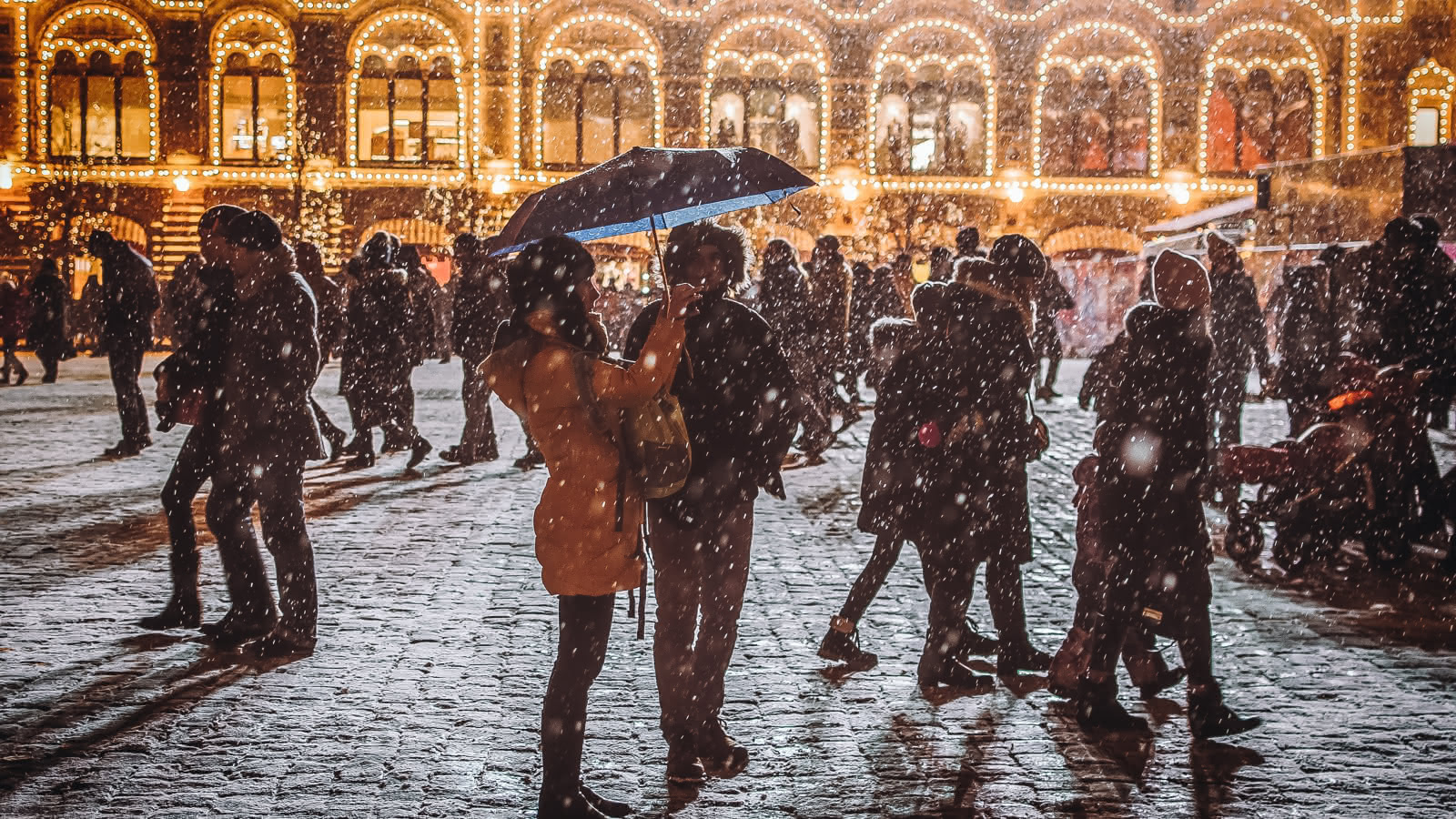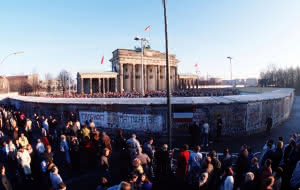
We love Christmas. We love seeing our favourite cities decked out in lights, just as much as we love sipping tall glasses of mulled wine and shutting our front doors on irksome carollers. But it does dominate a bit, doesn’t it? Especially, when loads of weird and wonderful celebrations take place in December, we just have to give you the lowdown on some of the best ones to experience across our network! So, let’s get cracking.
1. St. Nicholas’ Day and Krampusnacht (5th-6th December)
One of the most venerated Christian icons, St. Nicholas was a fierce defender of his religion, but it was his reputation for charity that ensured he would be remembered as the bearer of gifts. But whereas ‘Saint Nick’ gradually became Santa Claus or Father Christmas in the Anglosphere, it’s Sinterklaas – dressed in traditional religious garb – who brings gifts on his feast day (December 6th) in the Netherlands.
In Central Europe, the eve of St. Nicholas’ Day (December 5th) also marks Krampusnacht. It’s named after Krampus, who acts as the bad cop to good cop Nicholas. Well, he’s more like a goat-demon who punishes kids who have been naughty. Same difference.

2. Yule (Winter Solstice)
Yuletide, yule log… yule have heard of those before at least! These terms take their name from Yule, a 12 day-long ancient Germanic celebration which – broadly speaking – welcomed the return of the sun (and goodbye to cold, famine-stricken nights)! As such, it was a time for feasting, dancing, and sacrifice (obviously). Scandinavians still call Christmas some variant of yule (e.g. jul, joulu, jol), but what you might not know is that goats – not reindeer – play a significant role in Scandinavian tradition: where goats once carried the Norse God Thor in his chariot, they are now more likely to be shown carrying Santa Claus!

3. Hannukah (22nd December)
Funnily enough, a few more people know about this one than Yule. Hannukah festivities will be at their strongest in Tel Aviv and Jerusalem, but can be witnessed anywhere with a strong Jewish community! It’s an eight-day festival of lights that celebrates the ‘dedication’ (hannukah) of Jerusalem’s Holy Temple after Israelites reclaimed it from Syrian Greek pagans in the 2nd Century BC. The temple’s menorah (candelabra) was lit for eight days with just one pot of olive oil. Why is this relevant? Well, people celebrating Hannukah commemorate this by frying most of their festive treats, like potato cakes and donuts!

4. Newtonmas (25th December)
Newtonmas is a lighthearted secular celebration that supposedly originated in the USA with the (not particularly serious) need for a ‘scientific’ Christmas party at the Skeptics Society. Since Isaac Newton’s birthday fell on December 25th (in the old Julian calendars, at least), the coincidence seemed too good to pass up! The names ‘Grav-mass’ (short for ‘gravitational mass’, a part of Newton’s theory of gravity) has also been put forward. Nerds are fun if you give them a chance.

5. Boxing Day (26th December)
No, there’s no fistfights (disappointingly). Instead, Boxing Day is a British celebration which gained prominence in the 1800s, when wealthy landowners would gift their servants ‘Christmas Boxes’, and the middle-classes would do the same for tradespeople and postmen. Interestingly, several of Britain’s European neighbors celebrate St. Stephen’s Day instead: St. Stephen was one of Christianity’s earliest martyrs, and was famed for his generosity to the poor of Jerusalem. Nowadays, it’s more traditional for Britons to give gifts to postmen and ‘binmen’ (waste collectors) to thank them for their year’s service.

6. Día de los Santos Inocentes (28th December)
Day of the Innocents is as close to April Fool’s Day as it comes – just with a Spanish twist. There are pranks, pranksters, victims, and of course the occasional innocent bystander. The joking around may have links to the Roman holiday of Saturnalia – a riotous period of feasting, role-reversal between masters and slaves, and general ancient merrymaking all round. However, the mark of ‘innocents’ reflects a slightly more sombre episode in Christian canon, where ancient Judean King Herod ordered the killing of all baby boys under 2 in order to prevent Jesus of Nazareth (‘the born king’) from usurping his throne.

7. St. Sylvester’s Day (31st December or 2nd January)
Though the name Sylvester might make you think of Looney Tunes, the saint (not the cat) still managed to get his own day. So what’s so special about it? Well, it’s the range of frankly bizarre traditions that people associate with it! For example, Germans divine their new year’s fortunes by reading the shadows made by molten lead in cold water. Austrians lead parades of pigs through Vienna as a sign of good luck, and Belgians used to believe that young women who couldn’t finish their housework before the end of the year would remain single the following year. The girls will be ready when they’re ready, Belgium.

8. SANDEMANs New Year’s Eve Parties!
If SANDEMANs did our own celebrations, they’d be the best in the world. Oh wait, we do! And you can find them here!
Our New Year’s Eve parties traditionally offer plenty of free drinks, exclusive drink deals and VIP entry to the best bars and clubs in our favourite cities – and nothing’s changed this year! So you’re formally invited to a stress-free New Year’s Eve with friends old and new from all around the world!




























Comments